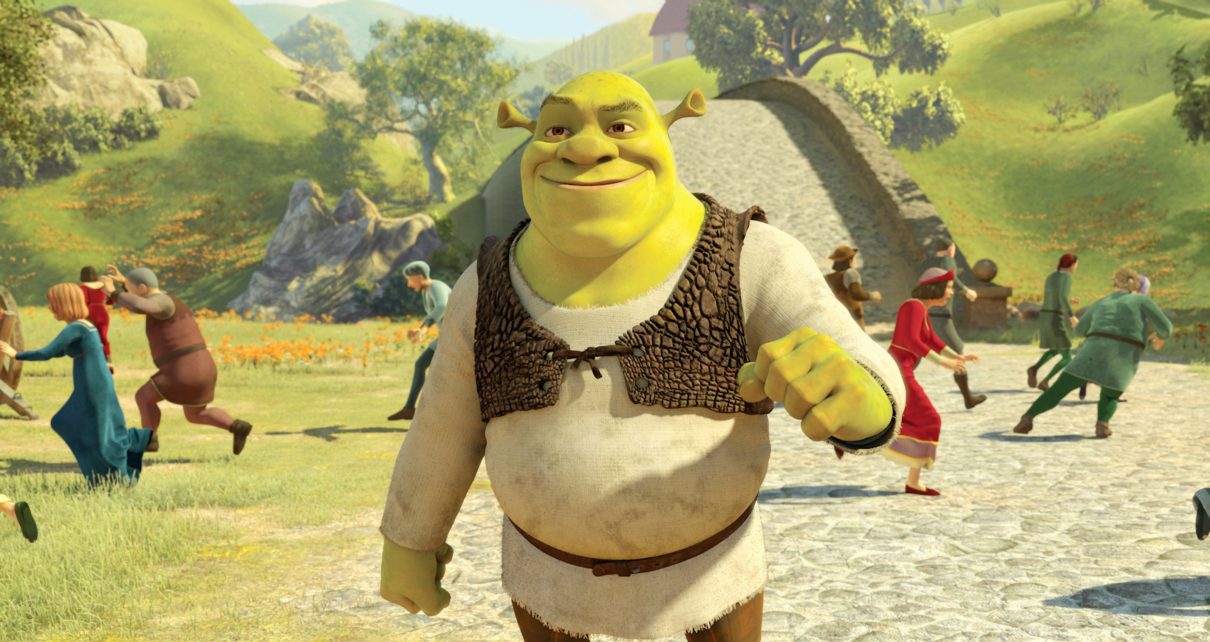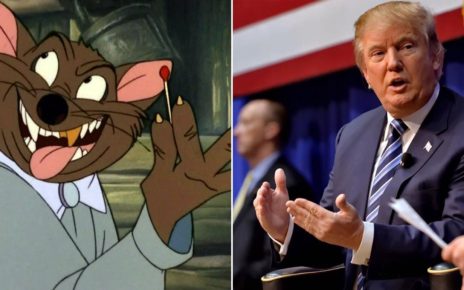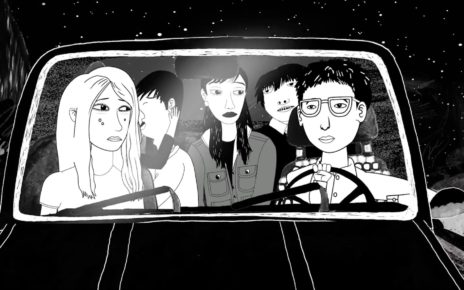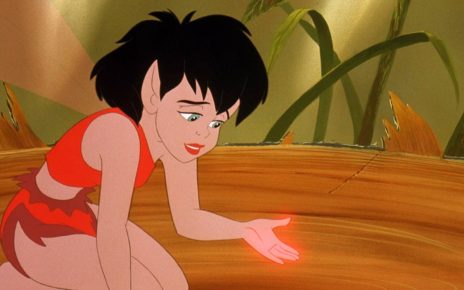By the Brothers Powell
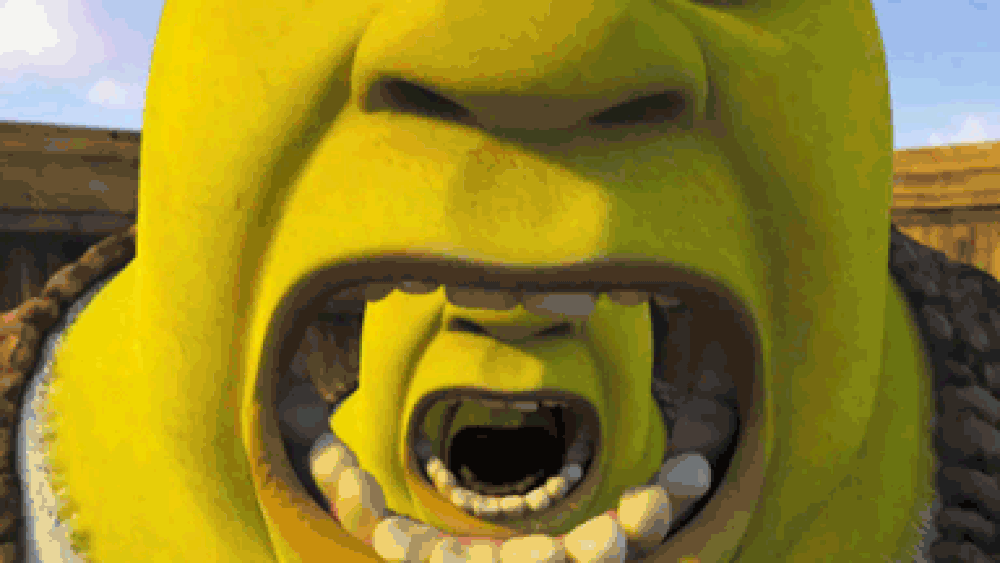
At the turn of the 21st Century, Dreamworks executives had a bold idea: Revitalize the modern fairy tale by illustrating a classic story with state-of-the-art computer animation. While the film was eagerly anticipated by both critics and families alike, nobody could prepare for the longstanding cultural impact Shrek would have in the decades to come.
Part I: Shrekking the Stage
Dan Powell: It was the spring of 2001. I was finishing fifth grade, and the only thing I looked forward to more than a new AOL CD was seeing Shrek, a modern day fable told through the music of Smash Mouth and Leonard Cohen.
Nick Powell: At the time, I was a fetus in my mother’s womb, not quite able to comprehend fables about ogres, but nonetheless well versed in the music of Leonard Cohen.
Dan Powell: Most people think the John Cale version of “Hallelujah” was the only Cohen song used in the movie, but several others were considered, including “Everybody Shreks,” “Hey, That’s No Way To Say ‘Onion’,” and “I’m Your Ogre.”
Nick Powell: My family thought it would be a good idea for me to be born in the movie theater so that Shrek might imbue me with self-confidence. They started having our obstetrician whisper children’s tales next to my mom’s stomach. My favorite was Bean Boy and the Colonoscopy Camera.
Dan Powell: This was, of course, during the early days of the Bush Administration, in which Al Gore was so embittered by his defeat that he would often self-medicate by seeing Shrek in theaters several times a day. Eventually, the repeated viewings of Shrek’s swamp gave him the idea to make a movie about climate change.
Nick Powell: At the very moment Shrek first burst out of his outhouse, I was born, leaping from my fleshy sack of a home into Shrek’s arms. Cradled in his layers, the cold outside world I expected, filled with its horrible bright lights, was instead a warm, green oasis wherein my moist, infantile body was fused with the essence of Shrek.
Dan Powell: I was 12 years old when my brother was born and can confirm that his first words were “Shrek.” Our mom and dad bickered constantly about which parent was, in fact, Shrek, which created an unhealthy home environment that I still talk about in therapy.
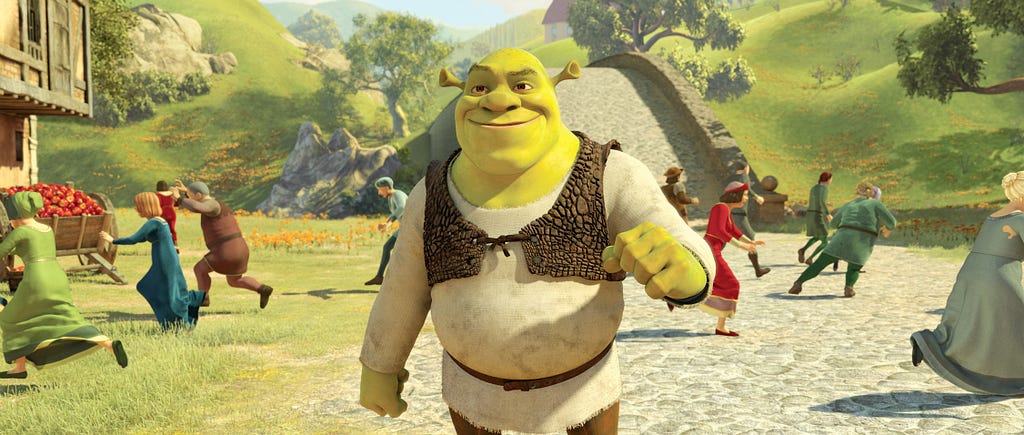
Part II: Somebody Once Told Me… / Origins of the Phrase
Dan Powell: From an early age, my brother and I bonded by trying to think of creative insults for one another.
Nick Powell: We stacked up an impressive collection over the years: moldy dishrag; crusty gumwad; ocelot prostate. Other useful insulting phrases included “Gargle my victory juice” and “This is why Mom and Dad love you less.”
Dan Powell: Initially, the large age gap meant that our insults rarely aligned in terms of usefulness and maturity. As a teenager, you just can’t call a toddler “Morrissey Jr.” and expect it to have the same impact as “poopy-butt.” It would take years before we finally achieved a common ground by which to insult one another—not until Nick was himself in his teens.
Nick Powell: One day, when I was 13, I was out with my friends playing a rousing game of Pin the Donkey on the Butt Plug or Do a Somersault and Chug. My friend Luke was having a particularly good round and, after about the third direct butt plug hit, his voice boomed: “OOOOOOH, get Shrek’d!” Immediately, this caught my attention, and the Shrek residue entangled with my human DNA called me inexorably toward the phrase. “Luke, my comrade,” I inquired, “wherever did you find this phrase?”
Luke: I simply replied, “This is for me to know. Not you. Me.”
Nick Powell: I begged him to tell me, but in the end, it was best to walk away and use “Get Shrek’d” for my own purposes and pleasures.
Dan Powell: Luke yelled this so loud that I heard it in my apartment a thousand miles away and my ears were ringing for hours. At first I thought it was God. Clearly, this utterance was significant.
Luke: I have never revealed the true origin, and I never will.
Nick Powell: From then on, the phrase came into common usage within my friend group. Whenever someone missed a butt plug and had to chug a gallon of milk, we would yell it at the top of our lungs. And the next time Dan and I were playing Halo together, I seized my first opportunity to yell “Get Shrek’d!” As soon as I did, we both recognized that it would be the single most important insult of our entire lives.
Part III: The Legacy
Dan Powell: While Nick and I personally witnessed the emergence of “Get Shrek’d” in our own social circles, what began as a harmlessly insulting esoteric in-joke was soon to become a global phenomenon.
Nick Powell: It’s true! To this day, notable creatives and tastemakers continue to reflect on the significance of the phrase.
Stephen King: Last year, when rubbing a hardcover copy of IT across every square inch of my body, I found that “Get Shrek’d” brought to my attention that Shrek applied to almost every occurrence in the novel. Pennywise is nothing more than a reflection of Shrek, a well-intentioned, misunderstood creature rejected by the outside world even when he attempts to be good (in Pennywise’s case, by trying to play with children), only to have his secluded home (Shrek’s swamp/Pennywise’s sewer) invaded by fairytale creatures (or Bill Denbrough’s gang) as a ground for their orgies.
Jonathan Franzen: Of course, all the real J-Franz fans know that Freedom is actually Franzen Fan Club Decoder Ring code for “Getting Shrek’d in Suburbia.” It would have been the official title but my agent didn’t like the suburbia reference because she’s terrified of houses.
Paul Simon: When I wrote all the songs on Graceland, I was in a huge hurry because of studio deadlines. As a result, many of the tunes came out rushed and shoddy. If I’d had another six months, I can’t tell you how many lyrics I’d rewrite. Just a few examples:
- “Losing love is like getting Shrek’d in your heart.”
- “Diamonds on the soles of her Shreks.”
- “If you’d be my bodyguard, you could take the hit when Art Garfunkel’s son tries to Shrek me in the face with a razor-sharpened disc of Bookends with black spray paint over my eyes in the album art.”
The list goes on.
Leonard Cohen: The tale of Shrek is nothing if not biblical—a parable of a creature’s lust and divine transfiguration anchored in layers of torment, like some aging seder onion. Shrek himself recalls Job, a righteous ogre whose very existence leaves him Shrek’d by an unforgiving world. But what we really learn in the end is this: The quest of Shrek was never meant to deliver its hero from being Shrek’d. Like the young deserter on the battlefield, we learn that the ultimate failure of the mission is, in fact, the mission itself. All men must be Shrek’d, whether through lust, greed, guilt or pride. For as Jesus’s thorny crown drew red blood, the leaves of the holly were, in fact, green.
Prince, The Purple One: Oh, get Shrek’d.
Thanks for reading The Shrek and Swamp, where we get Shrek’d about animation of all kinds (but mostly when it’s about ogres). Don’t forget to for this article and follow us on Shrekker and Shrekbook.


